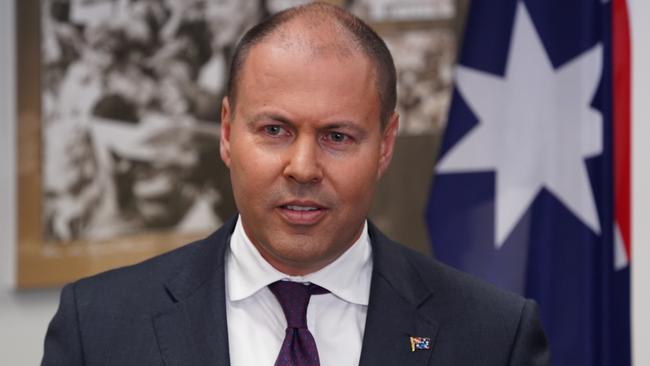
Kenneth Hayne could not have been clearer in his message to government.
There is a crisis of confidence in the banking and finance sector and trust needs to be urgently restored.
Whether this can be achieved, however, is questionable.
At the heart of Hayne’s final report is a finding that, while the foundations of Australia’s financial system remain sound, it is a sector that has been perverted by institutional corruption and in some cases criminality.
An equally damning indictment was made of the regulator, which has failed in its charter to prosecute misconduct and protect consumers from the worst of the banking atrocities.
But the recommendations are sober. There is little in the report that can be seen as having broader consequences for the economy.
And for the government, there is no call for real structural reform of the sector. If anything, most of the recommendations are around the fringes.
Nevertheless, the extent of the delinquency by the banks, their boards and their senior management has ensured this has become a first-order election issue.
Josh Frydenberg has tried to give the appearance of a government acting decisively by committing to acting on all 76 recommendations.
“My message to the financial sector is that misconduct must end and the interests of consumers must now come first. From today the sector must change, and change forever,” the Treasurer said.
The reality is there is little in the reforms suggested by Hayne that will be difficult to implement. If anything, the report was more cautious than expected.
This hasn’t stopped the government from now claiming to have been given the moral authority to not only pursue reforms already before parliament that Labor is blocking but to impose a more punitive legislative framework.
It has also promised a consumer compensation scheme for people subjected to maltreatment.
So far the government hasn’t overreacted.
There is a real danger, however, that the political contest that has been triggered could result in election-frenzied overreach with unintended or unforeseen consequences.
This will now be largely determined by what Labor’s response will be to the findings.
Bill Shorten has a powerful claim. He has been vindicated in his pursuit of the banks, which began in 2016 with a call for a royal commission that was resisted by the Coalition at every turn until it was forced to act in 2017 under threats from the Nationals.
Because of the truncated parliamentary calendar this year, the House of Representatives and the Senate sit simultaneously for only five days before the election. The government will be unable to deliver any legislation at all before the nation goes to the polls in May.
If the current political climate remains unchanged, Shorten’s response becomes critical, given it is likely to be a Shorten government that delivers the reforms.
There will be a great temptation for Shorten and his treasury spokesman, Chris Bowen, to respond by bashing into the banks and the finance services industry even further.
While vowing to accept all the recommendations in principle, Bowen has already described them as a minimum response.
As far as the opposition is concerned, the Hayne report is just a “starting point”.



